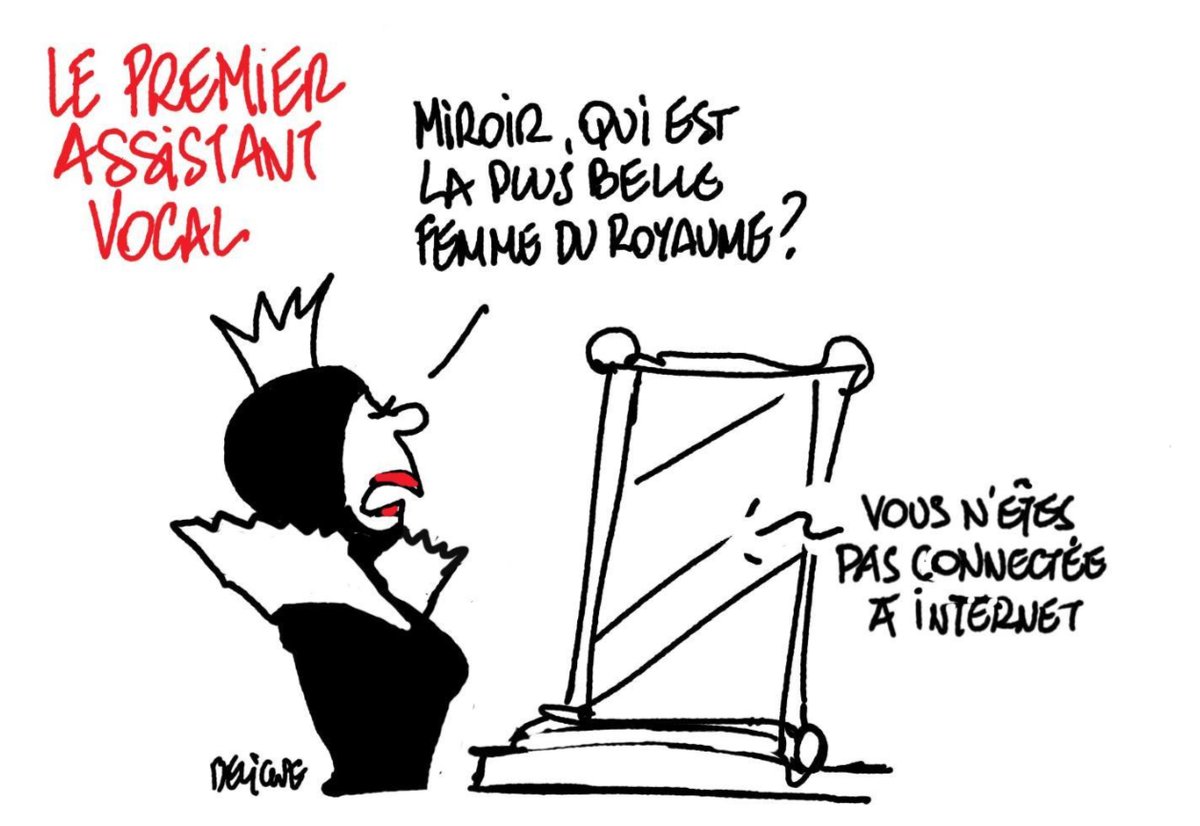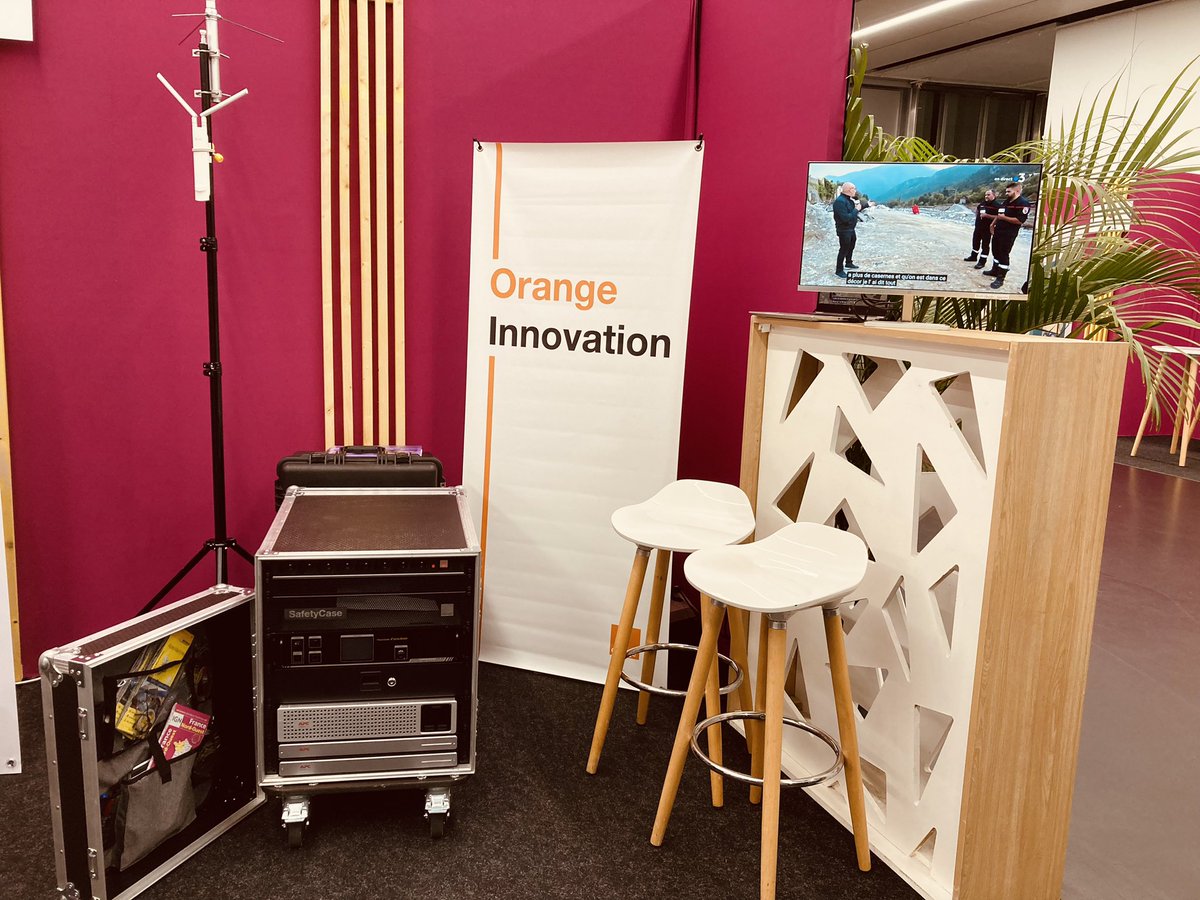In the Digital Assistant family, people are asking for Snips! Presentation with Yann Lechelle, the COO of a startup that isn’t scared to face up to GAFA.
Once upon a time there were algorithms
Yann has been coding for 10 years: “and I started developing neural networks in the ’90s. At a time when computers didn’t yet have the capacity to permit deep learning like they do today. We didn’t have access to big data, we didn’t have access to computing power, and algorithms were still in their infancy. Today, everything has come together to exploit these technologies which decades ago existed only theoretically.”
After working as a computer engineer at various companies, the COO of Snips returned to the United States, did an MBA, and became an entrepreneur. “I’ve been an entrepreneur for 17 years, mainly now at Snips which I joined to support its founders. You could call me a professional entrepreneur. I work on emerging projects searching for their market, because they’re highly innovative.”
A specialised assistant rather than a universal assistant.
The Snips product is a technology that enables the development of voice assistants like Apple’s, Google’s and Amazon’s but with a much smaller budget and scope than GAFA. Yann continues: “We’re a team of 60 specialists in the processing of spoken language. It’s really a combination of technical prowess and prowess by default as we’ve set out to deliver privacy by design.” A massive challenge that requires the team to think different – a potential weakness as it doesn’t have access to every user’s data in real time, but forces it to be clever to find the resources and generate data when there is none, and to deliver performance equivalent or better than that offered by GAFA.
As Snips is not out to create a universal assistant, but a specialised assistant, “You could imagine a company that sells coffee wanting to put a personal assistant into the coffee machine, let’s call it George — ‘Hey George, make me a skim latte with soya milk’ — it’s a natural-language request like you would make to a human being at Starbucks, except that here it’s a machine that understands natural language perfectly, regardless of the semantic order of the voice command,” says Yann.

“With Snips, you will always be the most beautiful :)” Twitter post published by Yann Lechelle about the voice assistant Snips.
The vocal interface we were promised 30 years ago
Despite the oligopolistic situation, voice interfaces belong to everyone and shouldn’t just belong to two or three players: “The regulators will try to change that, but GAFA are all-powerful. It will be interesting to see what happens… Users will reject an oligopoly scenario. And these players also tend to be too cloud-based by default and, unwittingly, spies. They run the risk of consumers favouring alternative solutions like ours.”
Voice interface is the interface of tomorrow, whether you want it or not! “GAFA will throw massive amounts of money at teaching us how to use voice. Users will be educated by voice, and within 10 years the voice interface will be preponderant. Maybe not dominant, I don’t know, but certainly preponderant day-to-day. You’ll arrive at a meeting or get home and be able to ask for the lighting to be adjusted or select hdmi1… like we were promised 30 years ago! We’re living in an age of convergence, the voice interface has matured, the technology has matured. We need GAFA to prime the pump and educate the markets, but this interface will eventually belong to everyone. I think it will spread fast and expand into all kinds of different uses!” says Yann Lechelle.
This summer Snips is launching an ICO to develop a BtoC product, and this product — blockchain-based — is a completely decentralized Alexa. Blockchain and ICO? Two topics that remind us of some interesting discussions at the Digital Tech Conference last year, but in 2018 we’re focusing on the Digital Assistant!




